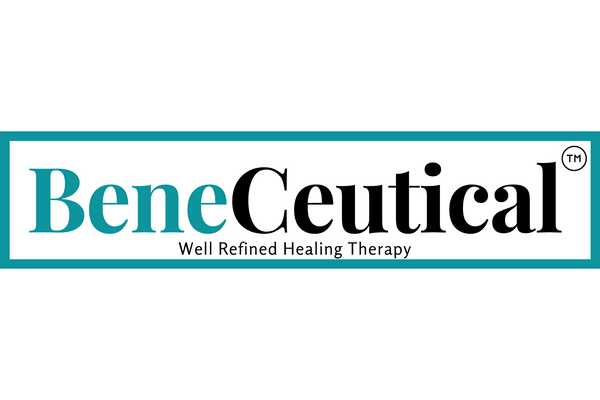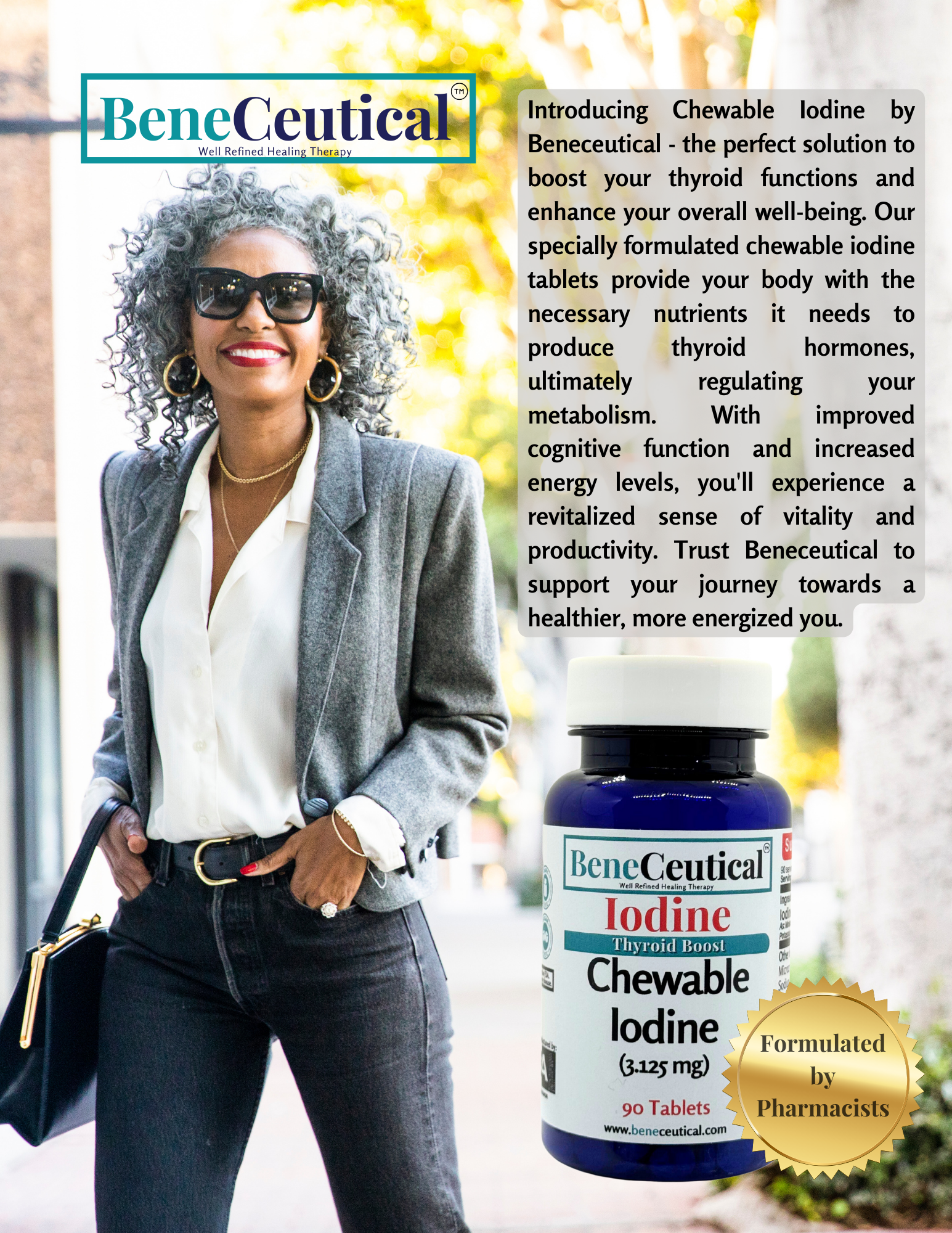Xylitol: A Natural Sweetener in Chewable Supplements
Xylitol is a naturally occurring sugar alcohol that’s become popular in the food, dental care, and supplement industries. Known for its sweet taste and dental benefits, xylitol is an ideal ingredient for chewable supplements. This blog will cover where xylitol comes from, how it’s made, its natural origins, and why it plays a key role in creating tasty, effective chewable supplements.
What is Xylitol?
Xylitol is a type of sugar alcohol, which is a carbohydrate with a similar structure to sugar. However, unlike regular sugar, xylitol has fewer calories and doesn’t cause rapid spikes in blood sugar levels. Naturally occurring in many fruits and vegetables, xylitol provides a sweet taste while offering dental health benefits, making it especially useful in chewable products like gums, mints, and supplements.
Where Does Xylitol Come From?
Xylitol is found naturally in a variety of plant sources, including:
- Fruits and Vegetables: Small amounts of xylitol occur in fruits like strawberries, raspberries, and plums, as well as in vegetables such as cauliflower and mushrooms.
- Birch Trees: Birch bark is one of the most well-known natural sources of xylitol and was traditionally used in its early commercial production.
- Corn Cobs and Other Plant Fibers: Corn cobs are now a primary source of commercially produced xylitol due to their abundance and cost-effectiveness. The xylan-rich hemicellulose in corn cobs makes them ideal for extracting xylitol.
How is Xylitol Made?
The production of xylitol typically involves an extraction and hydrogenation process:
1. Extraction of Xylan: The raw plant material (usually from corn cobs or birch trees) is processed to extract xylan, a polysaccharide in the cell walls of plants. The xylan is then broken down into xylose, a type of sugar.
2. *Hydrogenation: The extracted xylose undergoes a hydrogenation process where hydrogen is added to convert it into xylitol. This process creates a sugar alcohol with a sweet taste and a similar texture to sucrose, or table sugar.
3. Purification and Crystallization: The xylitol is then purified, filtered, and crystallized into a white, granular form, similar to sugar. The final product is ready for use in various applications, including supplements.
Is Xylitol Natural?
Yes, xylitol is considered a natural substance because it occurs in many plants and fruits. The xylitol used in supplements and foods is derived from natural sources, though it undergoes processing to reach a pure, usable form. For consumers looking for natural sweeteners that are low in calories and don’t affect blood sugar levels as much as traditional sugar, xylitol is an excellent option.
The Role of Xylitol in Chewable Supplements
In chewable supplements, xylitol is not only valued for its sweetness but also for its additional benefits, particularly its dental health properties. Here are some of the reasons why xylitol is frequently used in chewable supplements:
1. Natural Sweetener: Xylitol provides a pleasant, mildly sweet taste without the high calories or negative effects on blood sugar that come with traditional sugar. It’s a great option for consumers looking to reduce their sugar intake without sacrificing flavor. This is particularly appealing in chewable vitamins for children and adults alike, where taste is essential.
2. Dental Benefits: Xylitol has been shown to help prevent tooth decay by inhibiting the growth of Streptococcus mutans, the bacteria responsible for cavities. When included in chewable supplements, xylitol can help protect teeth while delivering essential vitamins and minerals. This makes it an ideal choice for chewable supplements that people consume regularly.

3. Low Glycemic Index: Xylitol has a glycemic index of around 7, much lower than regular sugar. This low glycemic impact makes it suitable for people managing their blood sugar levels, including those with diabetes, and those looking to reduce sugar intake while still enjoying a sweet-tasting supplement.
4. Caloric Benefits: With fewer calories than sugar—about 40% less—xylitol provides sweetness without the extra calories, making chewable supplements less caloric. This aligns well with consumer demand for lower-calorie options, even in health products.
5. Moisture Retention and Texture Improvement: Xylitol helps to retain moisture in chewable supplements, which can improve texture and prevent them from becoming dry or brittle. It also contributes to a smooth, cool mouthfeel, making chewable supplements more enjoyable to consume.
Why Xylitol is Preferred Over Other Sweeteners
While there are many sweeteners available, xylitol has several advantages that make it a preferred choice in chewable supplements:
- Dental Benefits: Unlike some other sweeteners, xylitol actively contributes to dental health, making it particularly valuable in products meant for oral use.
- Natural Origins: Xylitol’s plant-based origins appeal to consumers looking for natural ingredients.
- Non-Laxative in Moderate Doses: Xylitol doesn’t cause gastrointestinal distress in moderate amounts, unlike some other sugar alcohols. It is generally well-tolerated, especially in the small doses typically found in chewable supplements.
Applications Beyond Supplements
Xylitol is also commonly found in dental products like toothpaste and gum due to its oral health benefits. It’s used in foods, beverages, and even some pharmaceuticals as a low-calorie, low-glycemic sweetener. Its versatility and health benefits make xylitol a popular choice across multiple industries.
Safety and Considerations
Xylitol is generally recognized as safe by the FDA and other regulatory agencies. However, like other sugar alcohols, it may cause digestive upset if consumed in excessive amounts. Most people tolerate it well in the small quantities found in supplements and foods. One important note is that xylitol is highly toxic to dogs, so it’s essential for pet owners to keep xylitol-containing products out of reach.
A Final Word on Xylitol
Xylitol offers a unique combination of natural sweetness, dental benefits, and calorie reduction, making it a valuable ingredient in chewable supplements. Its ability to improve flavor without the high caloric impact of sugar, as well as its positive effects on dental health, make it especially attractive in supplements for children and adults who prioritize taste and health equally. Whether in chewable vitamins, oral care products, or low-sugar foods, xylitol continues to be a preferred choice for manufacturers and consumers alike, providing a sweet solution that aligns with today’s health-conscious demands.

